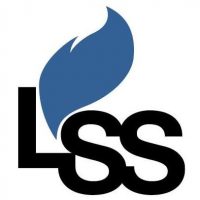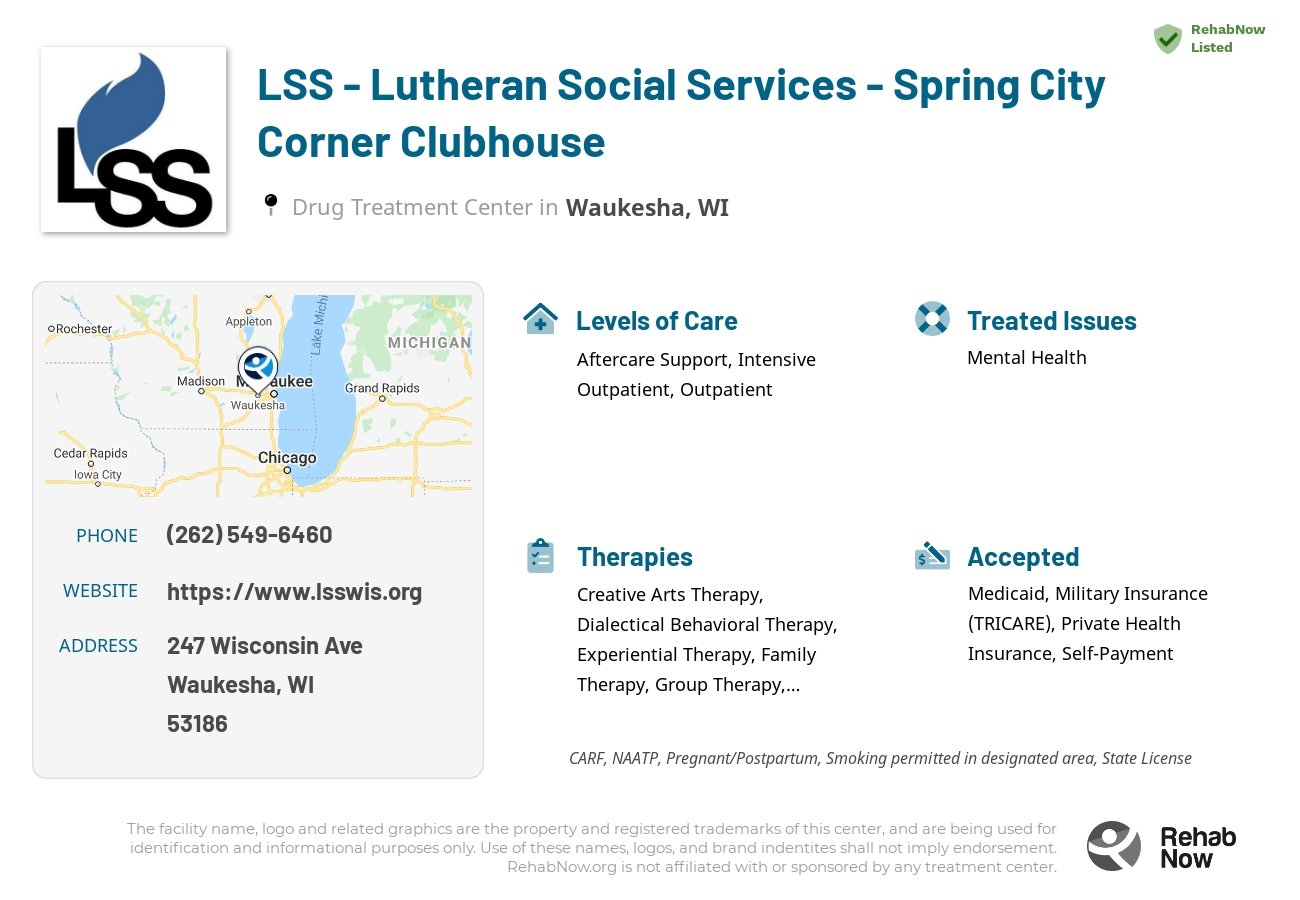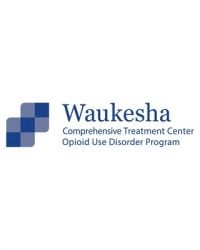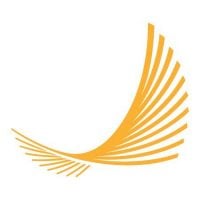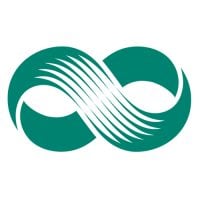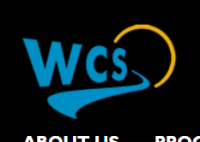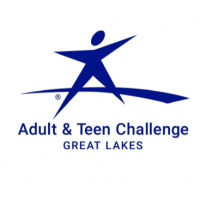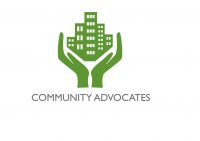LSS - Lutheran Social Services - Spring City Corner Clubhouse
Drug Rehab Center in Waukesha, Wisconsin
Lutheran Social Services - Spring City Corner Clubhouse is a Wisconsin-based addiction treatment facility offering different levels of care for addiction, dual diagnosis, and mental health care, accredited by both state license and CARF and affiliated with Lutheran Social Services-WI to provide evidence-based, compassionate care to individuals with substance abuse and addiction issues.
About LSS - Lutheran Social Services - Spring City Corner Clubhouse in Wisconsin
LSS - Lutheran Social Services - Spring City Corner Clubhouse in Waukesha, Wisconsin, stands out as an exceptional support system for adults fighting addiction. With a broad range of services including addiction treatment, housing, and food assistance, it uniquely integrates valuable community services alongside individualized care plans, catering primarily to those in need of medically monitored treatment.
- Holistic Approach: Addresses both mental and physical aspects of addiction through therapy, counseling, and group support.
- Flexible Treatment Programs: Offers various levels of care from intensive outpatient to less structured outpatient programs, tailored to individual requirements.
- Faith-Based Support: Provides spiritual comfort and guidance as part of the recovery process, embracing adults aged 18 and older.
Accredited with a State License and CARF certification, Spring City Corner Clubhouse leverages over 40 years of experience to offer high-quality mental health and substance use disorder treatments. Accepting private health insurance makes their comprehensive programs accessible to many, ensuring a broad community can benefit from their services.
Their treatment spectrum covers an array of addictions - including opioid addiction, alcoholism, substance abuse, and drug addiction - through methods such as mental health assessments, counseling, and skill development workshops. These include mindfulness, relapse prevention, and emotional regulation, providing a robust foundation for recovery.
Genders
Ages
Modality
Additional
Accreditations
State License

CARF
The Commission on Accreditation of Rehabilitation Facilities (CARF) is a non-profit organization that specifically accredits rehab organizations. Founded in 1966, CARF's, mission is to help service providers like rehab facilities maintain high standards of care.
Conditions and Issues Treated
Levels of Care Offered
This center offers a variety of custom treatment tailored to individual recovery. Currently available are Aftercare Support, Intensive Outpatient, Outpatient, with additional therapies available as listed below.
An intensive outpatient treatment program, or IOP, is set up for those struggling with an addiction to begin the recovery process. However, the patient will not live at the facility during treatment.
IOP involves patients coming in and out of a medical office building regularly to receive therapy and other services while continuing their life outside of these visits.
IOP is a step up from drug detoxification or alcohol detox. However, it’s still considered a phase of recovery rather than the ultimate goal. There are many rehabs and treatment facilities available to patients in need of IOP.
Outpatient treatment can be considered the lowest intensity level of addiction treatment in Waukesha, WI. It is ideal for early phase addiction or lower intensity addictions. LSS - Lutheran Social Services - Spring City Corner Clubhouse peer group support, 12-step programs, and individual counseling are likely to be involved.
Aftercare support is vital to those who have completed a drug or alcohol treatment program. This support comes in individual and family counseling, treatment of psychiatric and other medical conditions, and medications to reduce cravings. It helps recovering addicts adjust to normal day-to-day activities and can last for a year or longer.
The majority of drug and alcohol addicts who receive aftercare treatment do not relapse. It is estimated that without aftercare, the relapse rate will be between 70 to 90 percent for most people. Aftercare is the final stage in addiction recovery, but it will also help maintain sobriety if relapse does occur.
Therapies & Programs
Individual therapy is ideal for addicts who want to focus on themselves. It can also be helpful for those whose withdrawal symptoms are exacerbated by the presence of other people.
Benefits of individual therapy are:
- Access to a personalized treatment plan that focuses on the individual needs of the addict
- More privacy during treatment sessions
- Better personal development through introspection
- Increased self-awareness regarding addictive tendencies in order to avoid relapse
- Greater potential for a long-term recovery plan
- Receiving professional advice and detox assistance from medical staff
Family therapy can help you and your family deal with old issues that may trigger substance abuse. The idea behind family therapy for drug addiction is that you are never fully healed from substance abuse until you’ve healed your relationship with your family, too. To get sober, you need to find a different way to cope with the pain in your life.
This is when a group of people in various stages of recovery meet up and discuss their experiences, triggers, successes, failures, and even alternative therapies! Unlike support groups where everyone already knows each other, group therapy is conducted along side outpatient or inpatient treatment at LSS - Lutheran Social Services - Spring City Corner Clubhouse.
Trauma therapy is a clinical process that helps individuals deal with mental stress often caused by traumatic events. The therapist helps the person identify, understand and work through the problem. This is done with the help of talking about it in group or one-on-one counseling sessions.
Therapists use relaxation, role-playing, art, and music to help the person open up about what is bothering them. Some examples include:
- Talking about the traumatic event and how it affected them.
- Helping those who have PTSD to deal with their nightmares and recurring memories.
- Working with individuals to resolve the issues triggering the stress, whether seeing someone who reminds them of what happened or feeling helpless.
The individual is also encouraged to help others that are struggling with similar problems. This often helps them feel empowered and gives them hope.
Trauma therapy is not for everyone; it is usually reserved for people who have recently experienced a traumatic event and struggle to get over it. It is generally done for children, teenage victims of sexual assault, and war veterans.
Dialectical Behavior Therapy (DBT) is used by drug treatment centers across the United States to help drug addicts become sober. DBT is a type of Cognitive Behavioral Therapy (CBT) that combines traditional behavioral treatments with elements from DBT, including dialectics, distress tolerance, and interlocking issues. Some of the negative behaviors associated with addiction, such as impulsivity and mood swings, are addressed in DBT, while others like craving and isolation are not. It is commonly used to treat Borderline Personality Disorder (BPD) along with substance abuse disorders.
The four DBT modules are mindfulness, interpersonal effectiveness, emotion regulation, and distress tolerance:
- Mindfulness helps recovering addicts learn to identify and experience their emotions while realizing that they are not permanent.
- Interpersonal Effectiveness includes assertiveness, asking for what you need, and saying no while improving communication skills.
- Distress Tolerance has recovering addicts learn how to tolerate distress at the moment and avoid resorting to substance abuse.
- Emotion Regulation is used to identify, express and change emotions.
CBT is a psychotherapy approach and method. [ws-nap-name] people to examine how their thoughts, including habitual harmful and inaccurate thinking, affect their actions. CBT is based on the idea that rigid, inflexible thinking leads to poor stress management, which leads to emotional distress.
Similarly, CBT helps people identify and change negative behaviors. It makes you question your perceptions and ask if they are realistic. CBT asks people to examine their behaviors and emotional responses and how they affect their lives. CBT aims to change people’s thinking and behavior to lead a more balanced and healthy life.
Moreover, CBT has been shown to reduce anxiety disorders, depression, and symptoms associated with harmful thoughts or actions.
Those struggling with addiction can benefit from learning certain life skills. It is not as simple as quitting drinking or taking drugs and thinking that the hard part is over. Being sober means living a whole new way of life. Many recovering addicts have found that they need to develop talents like time management, organization, communication skills, socialization skills, and self-esteem to make their life in sobriety work, LSS - Lutheran Social Services - Spring City Corner Clubhouse is here to help with that.
Patient Experience
Creative Arts
Creative Arts Therapy is one of the most effective types of therapy used in addiction recovery at LSS - Lutheran Social Services - Spring City Corner Clubhouse. The use of art, music, dance, and other creative pursuits stimulate neurogenesis (the growth of new brain cells) which helps increase memory, focus, problem-solving abilities, and self-awareness. It also increases motivation to make changes in one’s life and reduces stress and anxiety, allowing addicts to combat triggers more effectively.
Creative Arts Therapy helps drug users increase their self-awareness. A major factor in addiction is avoidance of emotions, which can be challenging to identify or express. Creative arts therapy helps raise awareness of feelings. It also allows addicts to explore themselves and their relationships with others more deeply, which can help them break the patterns of addictive behavior that have developed.
Experiential Therapy at LSS - Lutheran Social Services - Spring City Corner Clubhouse
Experiential Therapy is a type of therapy that involves activity to recreate situations that may have caused trauma or negative emotions. Experiential therapy at LSS - Lutheran Social Services - Spring City Corner Clubhouse in Waukesha, WI can involve acting, props, arts and crafts, animal care or other tools that may be effective. This therapy is done on an individual basis and can help revisit and heal from past traumas. Trust between the therapist and individual is important for success. Experiential therapy can help you more closely become you and move through life positively and authentically.
Payment Options Accepted
For specific insurance or payment methods please contact us.
Is your insurance accepted?
Ask an expert, call (888) 674-0062
Lutheran Social Services – WI Associated Centers
Discover treatment facilities under the same provider.
- LSS - Lutheran Social Services - Exodus House in Hudson, WI
- LSS - Lutheran Social Services - Community Transition Center in Eau Claire, WI
- LSS - Lutheran Social Services - Dodge County Group Home in Beaver Dam, WI
- Lutheran Social Services - Eau Claire in Eau Claire, WI
- LSS - Lutheran Social Services - Wazee House in Black River Falls, WI
Learn More About Lutheran Social Services – WI Centers
Additional Details
Specifics, location, and helpful extra information.
Waukesha, Wisconsin 53186 Phone Number(262) 549-6460 Meta DetailsUpdated April 15, 2024
Staff Verified
LSS - Lutheran Social Services - Spring City Corner Clubhouse Patient Reviews
There are no reviews yet. Be the first one to write one.
Waukesha, Wisconsin Addiction Information
Wisconsin has some of the highest rates in the United States for both adolescent and adult substance abuse. Since 2009, the state has been experiencing the same escalating rates of drug abuse and addiction as the rest of the country. The major concerns are the misuse of prescription painkillers and the escalating number of deaths due to alcohol-related liver disease.
The drug addiction problem in Waukesha, Wisconsin, is fairly bad. Around 9.4% of people in Waukesha, WI, abuse drugs, and around 5.6% abuse alcohol. Drug addiction can lead to criminal activity, job loss, financial instability, and social isolation. The most common types of treatment available in Waukesha, Wisconsin, are inpatient, outpatient, and residential.
Treatment in Nearby Cities
- Viroqua, WI (139.1 mi.)
- Middleton, WI (64.6 mi.)
- Port Washington, WI (31.7 mi.)
- Fitchburg, WI (60.3 mi.)
- Kenosha, WI (36.0 mi.)
Centers near LSS - Lutheran Social Services - Spring City Corner Clubhouse
The facility name, logo and brand are the property and registered trademarks of LSS - Lutheran Social Services - Spring City Corner Clubhouse, and are being used for identification and informational purposes only. Use of these names, logos and brands shall not imply endorsement. RehabNow.org is not affiliated with or sponsored by LSS - Lutheran Social Services - Spring City Corner Clubhouse.
